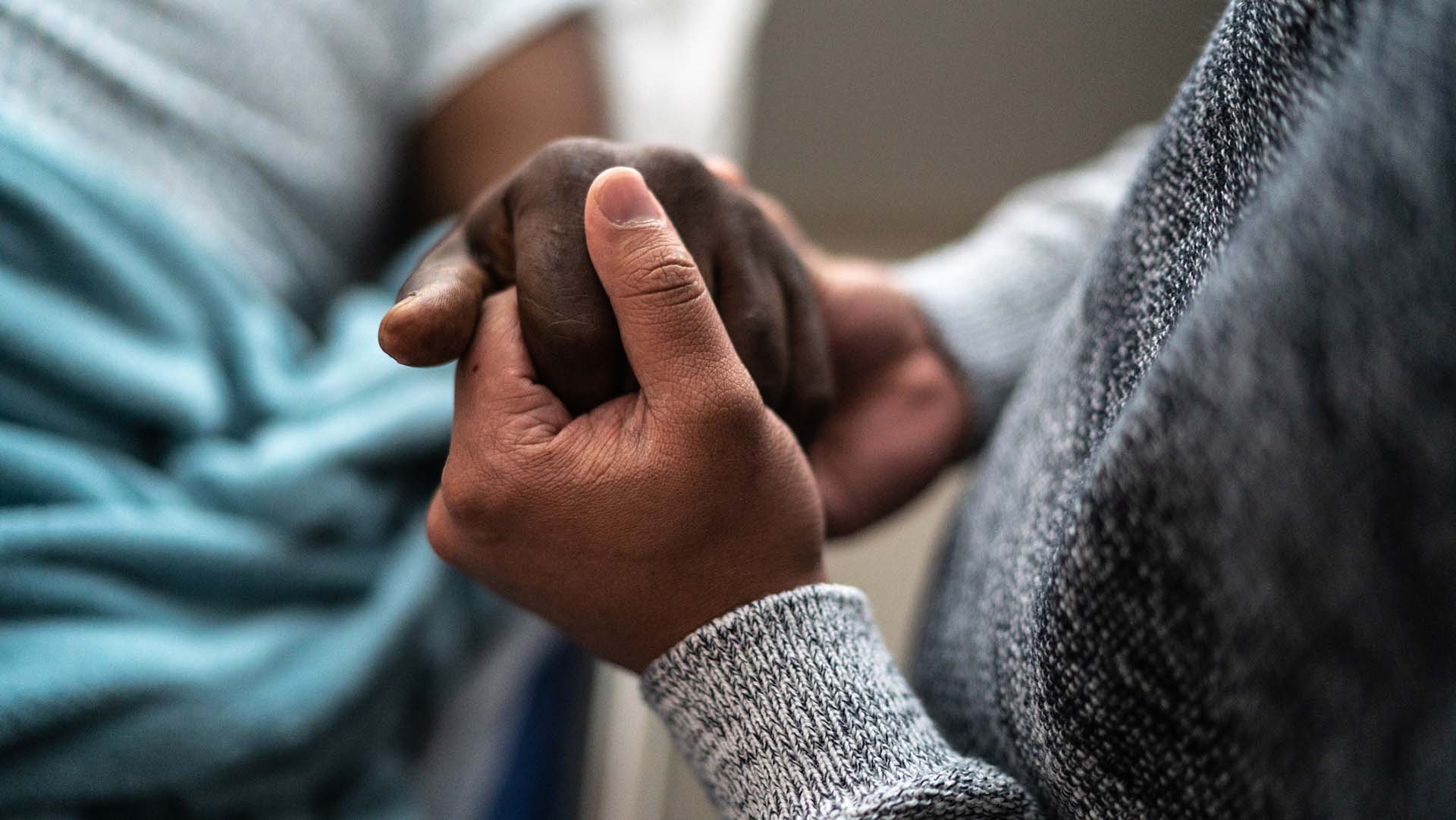Updated on May 1, 2025
Schizophrenia is a serious mental health disorder that influences a person’s thoughts, emotions, and behavior. About 24 million people worldwide live with schizophrenia, according to the World Health Organization. It affects many different people, and the experience of living with schizophrenia can vary depending on a person’s race, their ethnicity, and location.
Differences in health, healthcare, and treatment outcomes between different groups of people are called disparities. Here, we look at disparities in accessing care for mental health, and how they may affect treatment outcomes for Black people in the United States who are living with schizophrenia.
What is access to healthcare?
Access to healthcare refers to a person’s ability to obtain the healthcare they need—for example, how easily they can make an appointment with a healthcare provider, fill a prescription, or get treatment when they are sick.
There are many factors that limit or reduce a person’s access to healthcare. One example is lacking health insurance coverage. People who do not have insurance coverage are less likely to be able to afford healthcare appointments and medications.
Having health insurance is also a good illustration of one of the disparities that exist for many Black people in the U.S. While there have been significant increases in the number of Black people with health insurance over the past decade, the percentage of uninsured remains higher than that of white people.
Health insurance is only one factor, and there are many others. A person may live in an area where there are few healthcare providers who specialize in the type of care they need. They may have insurance but may not be able to afford the out-of-pocket costs associated with treatment. They may have difficulty making or attending appointments without assistance.
Regardless of the reasons or contributing factors, the result is clear: Many people are not able to access the care that they need. This is the case for many Black people in the U.S. experiencing conditions like schizophrenia. Just one in three with serious mental illness are being treated, estimates the National Alliance on Mental Illness.
The phases of schizophrenia
Schizophrenia symptoms progress through phases. Though the duration of these phases can vary from person to person, symptoms will typically start small and get worse.
During the earliest phase—called the prodromal or onset phase—a person may begin to have problems with socialization, concentration, motivation, depression, and anxiety. These symptoms can be mild at first, but as the prodromal phase becomes more advanced, symptoms will worsen. A person may start to experience unusual thoughts, suspicions, and a distorted perception of reality.
Prodromal phases can last years, and prodromal symptoms do not always progress to schizophrenia. When symptoms do progress, a person will experience what is called an active phase or psychotic break. This is where a person experiences psychosis, meaning they lose contact with reality. Symptoms can include delusions, hallucinations, paranoia, disorganized speech and movements, being withdrawn, and lacking emotion.
An active phase is followed by a residual phase, where some symptoms may improve but others can remain. In many cases, a person will relapse into an active phase.
Early treatment of schizophrenia
Early treatment during the prodromal phase is associated with better responses to treatment and better outcomes. Addressing early symptoms of schizophrenia—such as problems socializing and depressed moods—can help prevent these symptoms from becoming more severe and leading to more advanced symptoms.
Early treatment begins with early diagnosis—and this is where access to healthcare puts many Black people with schizophrenia at a disadvantage. Several studies have found that Black people in the U.S. are less likely to have seen a mental health professional prior to the diagnosis of their first episode of psychosis. This means they are less likely to be diagnosed and treated during the early prodromal phase. They are also more likely to be experiencing severe symptoms when they begin treatment.
Poverty is a significant contributor to this disparity in access to healthcare. The poverty rate for Black people in the U.S. is over 17 percent—more than double what it is for white people. It’s also much higher in some states than others.
People in poverty are also more likely to experience substance use disorders and traumatic events, such as violence, incarceration, and housing instability. Many people have these experiences during the prodromal phase. Any of these experiences can cause further delays in treatment and contribute to more severe symptoms.
Getting access to care
Disparities in care are important to recognize, and there are healthcare workers, organizations, and researchers who are working to improve access to healthcare for the people who need it most. If you or a loved one is living with schizophrenia, remember that the condition can be treated.
Because schizophrenia is a different experience for every person, your best source of information will be a healthcare provider. If you need to find a healthcare provider, our article Seeking Care as a Black American with Schizophrenia offers some strategies that may help you get started.





